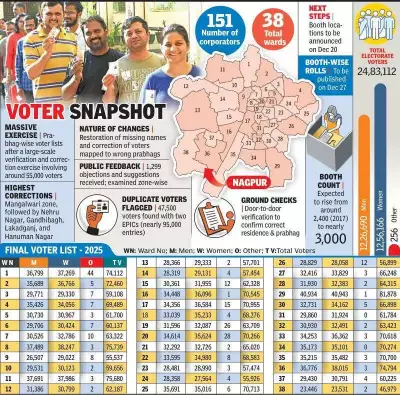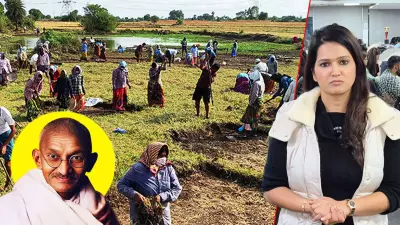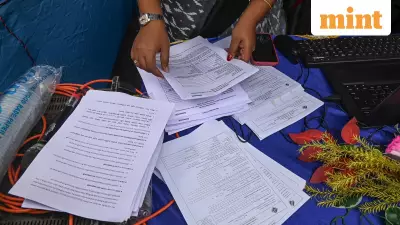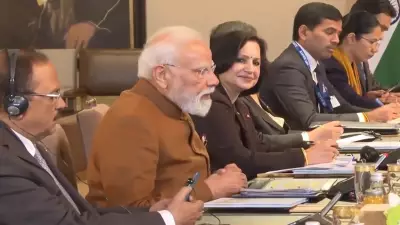
The age-old question of whether India's richly endowed temples should channel their substantial wealth toward social welfare initiatives has resurfaced with renewed vigor, creating a constitutional and ethical battleground across state governments.
The Treasure Trove of Faith
India's ancient temples, particularly in southern states, manage assets worth thousands of crores—from vast land holdings and gold reserves to lucrative commercial properties and consistent cash donations from millions of devotees. This immense wealth has become the centerpiece of a contentious debate about its rightful utilization.
The Government's Welfare Argument
Proponents of redirecting temple funds argue that these resources, being public donations, should serve broader societal needs. Several state governments have pointed to successful models where temple revenues support:
- Educational institutions and scholarship programs
- Healthcare facilities and medical camps
- Poverty alleviation initiatives
- Infrastructure development in temple towns
Religious Autonomy Concerns
Critics, however, voice strong objections to what they perceive as governmental overreach into religious affairs. Temple trustees and religious leaders emphasize that:
- Temple funds are specifically donated for religious purposes
- Government control could compromise religious autonomy
- Funds are already utilized for temple maintenance and religious activities
- Historical precedents show mismanagement risks
Constitutional Crossroads
The debate touches upon fundamental constitutional principles, including:
- The right to religious freedom versus state responsibility
- Definition of 'public purpose' in religious contexts
- Legal frameworks governing religious endowments
- Supreme Court interpretations of temple fund utilization
State-Level Variations
Different states have adopted varying approaches to temple fund management. While some maintain strict separation between temple administration and government, others have established endowment boards with significant governmental influence, creating a patchwork of regulations across the country.
The Way Forward
As the debate intensifies, stakeholders are exploring middle-ground solutions that balance religious sanctity with social responsibility. Potential compromises include transparent auditing systems, devotee representation in decision-making, and clearly defined percentages of revenue allocation between religious and social purposes.
The ultimate resolution of this complex issue will likely shape not only the future of temple administration but also define the boundaries between faith and public welfare in modern India.





